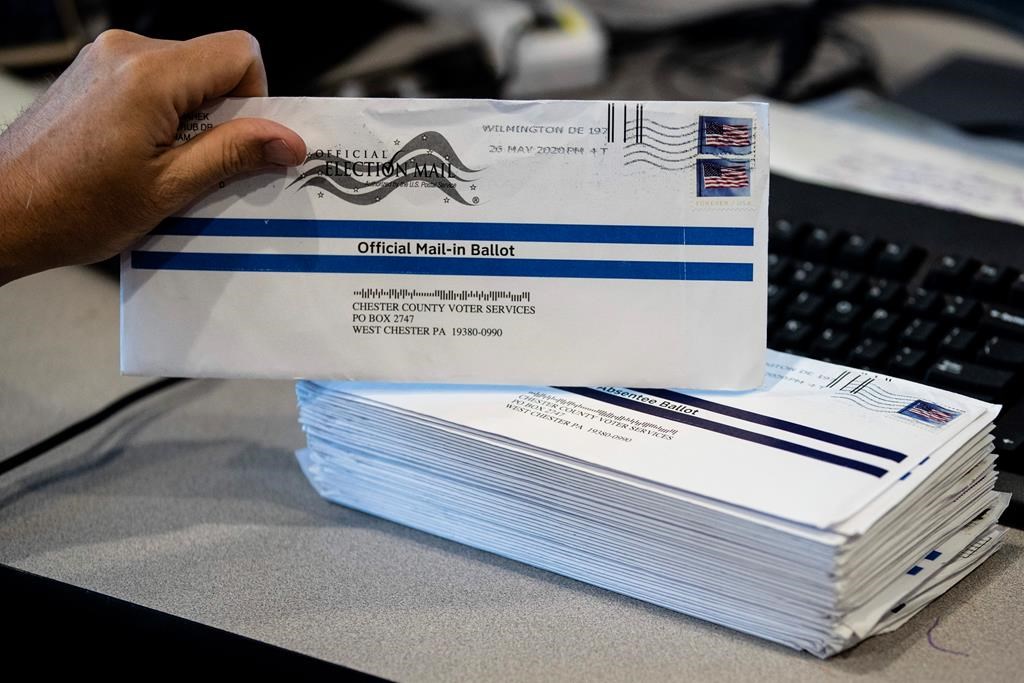Twitter said late on Wednesday it plans to expand its rules against misinformation regarding mail-in ballots and early voting in the U.S. elections this year.

The move, reported earlier by Politico and confirmed by a Twitter executive, will involve coming up with new policies “that emphasize accurate information about all available options to vote, including by mail and early voting.”
“Ahead of the 2020 U.S. Election, we’re focused on empowering every eligible person to register and vote through partnerships, tools and new policies,” Jessica Herrera-Flanigan, Twitter’s vice president for public policy in the Americas, told Reuters in an email.

Get breaking National news
The social media platform also said it would roll out measures on new tools, policies, and voting resources in the next month.

Twitter said it is exploring how to expand its “civic integrity policies” to address mischaracterizations of mail-in voting and other procedures, including registration. The finer details of the step are still being finalized.
U.S. President Donald Trump has repeatedly claimed without evidence that voting by mail, which is expected to increase dramatically this fall due to coronavirus outbreak, is susceptible to large-scale fraud.
Voting by mail is not new in the United States — nearly one in four voters cast 2016 presidential ballots that way.
Routine methods and the decentralized nature of U.S. elections make it very hard to interfere with mailed ballots, experts say.
Late last month, Facebook Inc placed a “voting info” label on a post by Trump that said mail-in voting would lead to a “CORRUPT ELECTION.”
(Reporting by Kanishka Singh in Bengaluru. Editing by Gerry Doyle)







Comments
Want to discuss? Please read our Commenting Policy first.